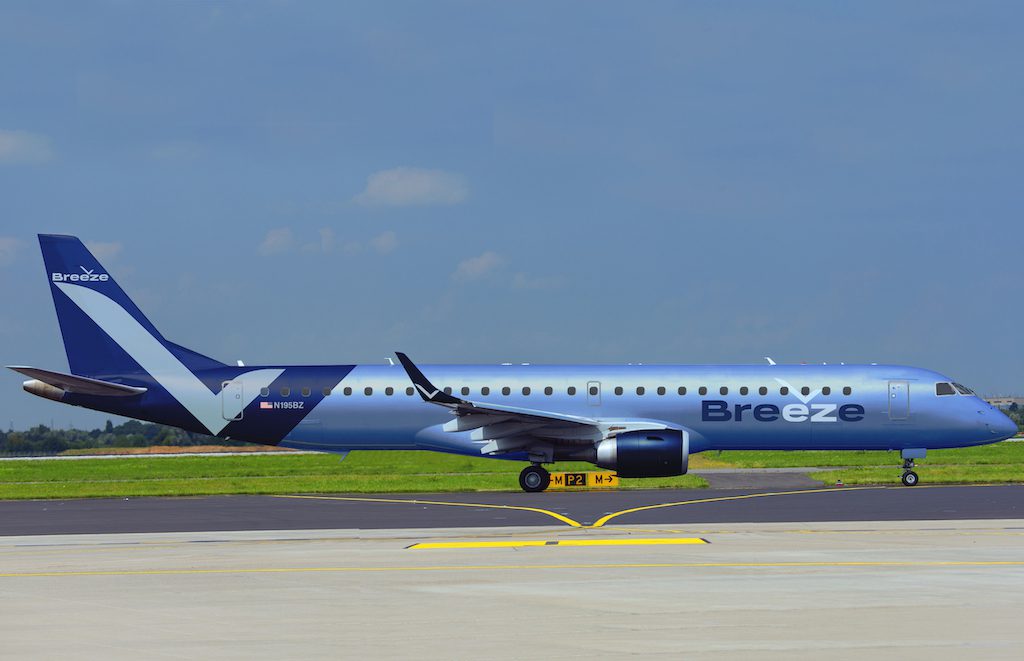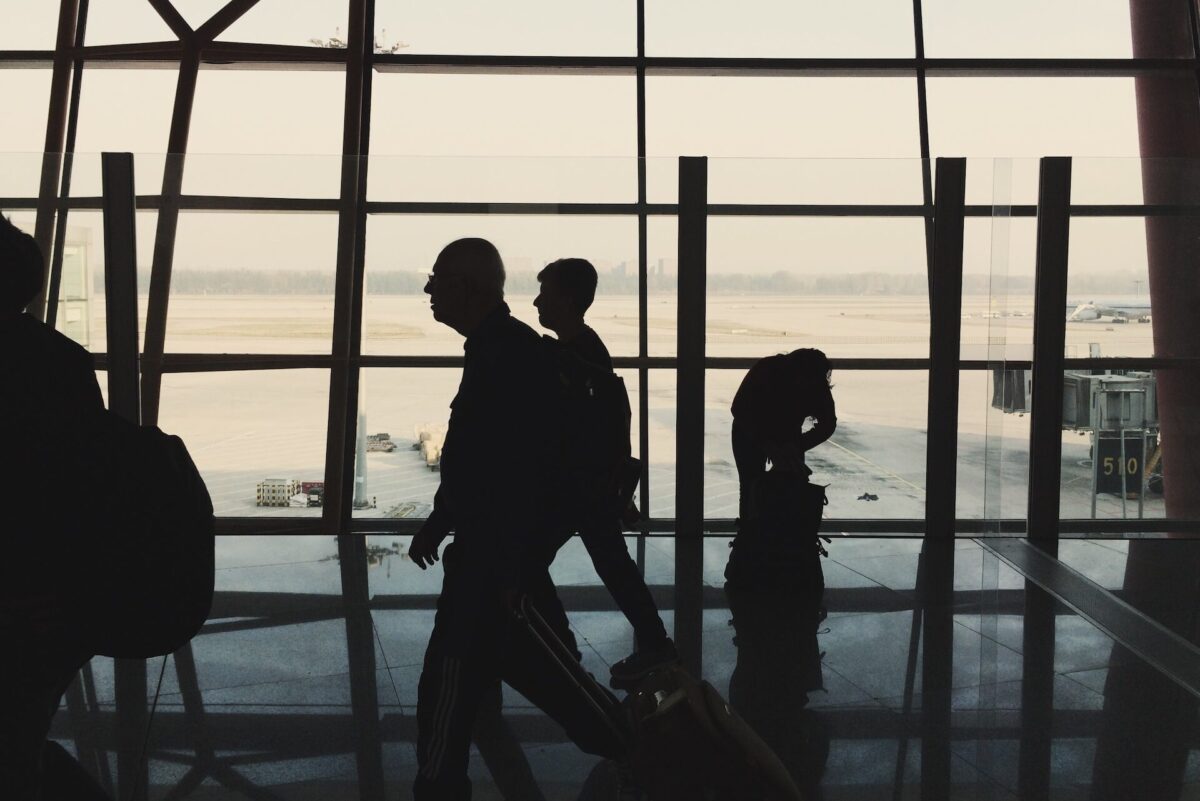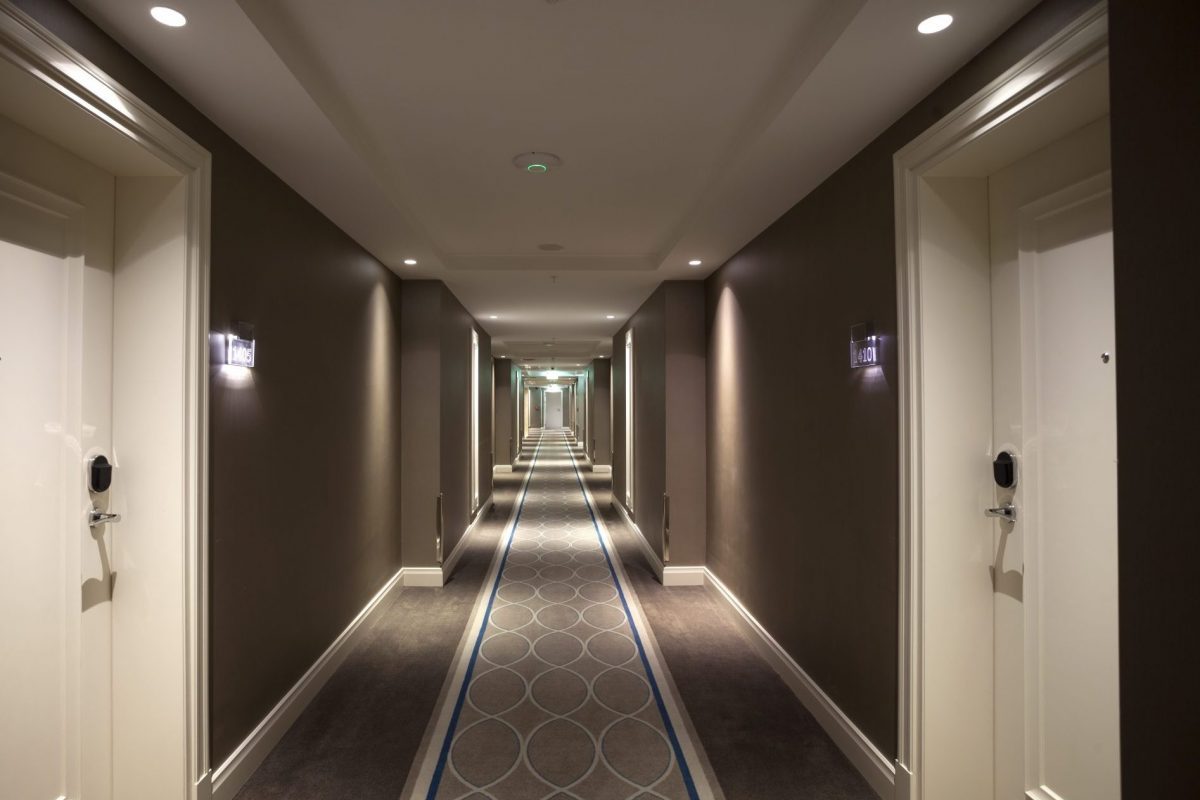JetBlue Founder Delays Launch of His New Airline to 2021 Starting in Southeastern U.S.

Skift Take
To great fanfare a couple of years ago, JetBlue Airways founder David Neeleman announced he would start a new U.S. airline offering above-average service at low prices. But with the U.S. airline industry facing its worst financial crisis ever, Neeleman has altered his plan, delaying the launch into 2021.
First the good news. The airline, called Breeze Airways, has hired a full executive team, and on September 21 after receiving permission from the Federal Aviation Administration, it began training pilots and flight dispatchers. And in filing earlier this month, the company said it recently closed an $83 million Series A funding round on August 28 "providing it with more than adequate balance sheet strength to launch its new operations."
Now the less-good news. To no one's surprise, the airline will not start this year, as planned, even though its first aircraft remain slated to arrive by October. Instead, March 2021 is the target, with Breeze first focusing on underserved airports in the Southeastern United States.
"As major airlines retrench their networks in response to decreased travel demand, Breeze sees even more opportunities to serve smaller cities currently reachable, if at all, only through connections and the corresponding increased travel times," it said in its Sept. 28 filing to the U.S. Department of Transportation.
Where Will It Fly?
Even then, Breeze will start small, it said in the filing.
It will launch with Embraer E195s flying seven routes, the filing said, three from a "Southeastern United States airport," and four from "another airport farther south." Breeze is being vague so other airlines do not fly its routes before it announces them.
In "subsequent months," the airline told the government, it will add routes from those two airports, and open a third base, also the Southeastern United States. By July, it said, it will add a fourth airport, again in the Southeast. And by October, it will add two more Southeastern airports, it said.
The vast majority of the early flights will be in the Eastern half of the United States, the filing said, with many going from Southeastern airports to markets in mid-Atlantic and Northeastern states. Most of Breeze's base airports likely have limited air service today.
"Although adjustments have been made to its plans, Breeze’s mission of providing nonstop service to underserved markets across the country remains unchanged," the airline said.
At one point, Breeze had wanted to start by flying charters, but that is no longer the plan, the company said in the filing. It expected robust demand among college sports teams, but said the "disruption in college sports caused by COVID-19," no longer makes that plan viable.
What About Aircraft?
Breeze still expects to begin flying with used Embraer E190/195 aircraft leased from Brazil's Azul Airlines. Neeleman founded Azul after leaving JetBlue, and he remains chairman of the board. In the filing, Breeze noted that the lease market is "currently favorable," given the lack of travel demand.
The Embraer jets were always intended to fill a short-term gap, with the airline staking its future on the new Airbus A220-300, a relatively small aircraft with coast-to-coast range and impressive fuel economy. Breeze ordered 60.
Breeze still wants the aircraft, it said, but it has delayed the delivery schedule by six month. Now, the first aircraft will not arrive until August 2021. By the end of next year, it will have three airplanes, according to its plans. Then, starting in January 2022, it plans to take one per month for the foreseeable future, it said in the filing.




